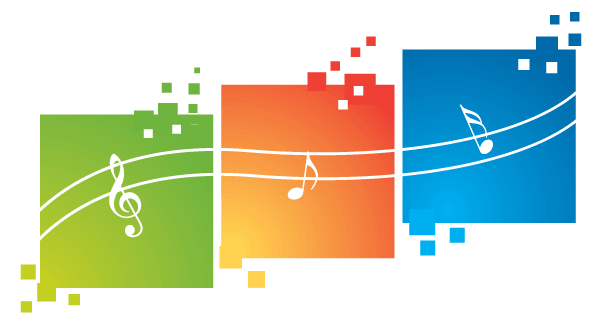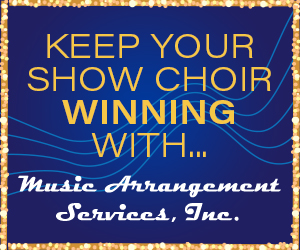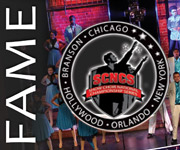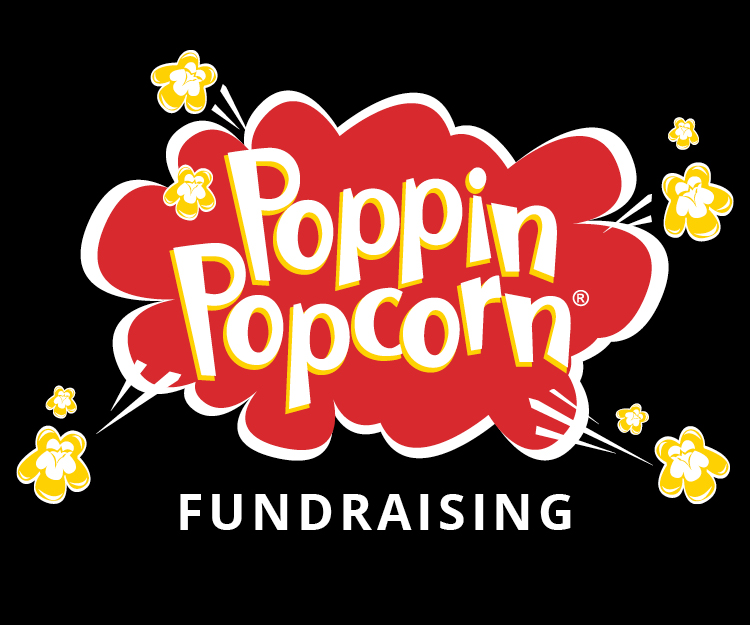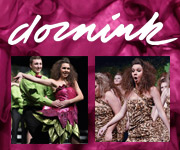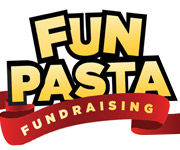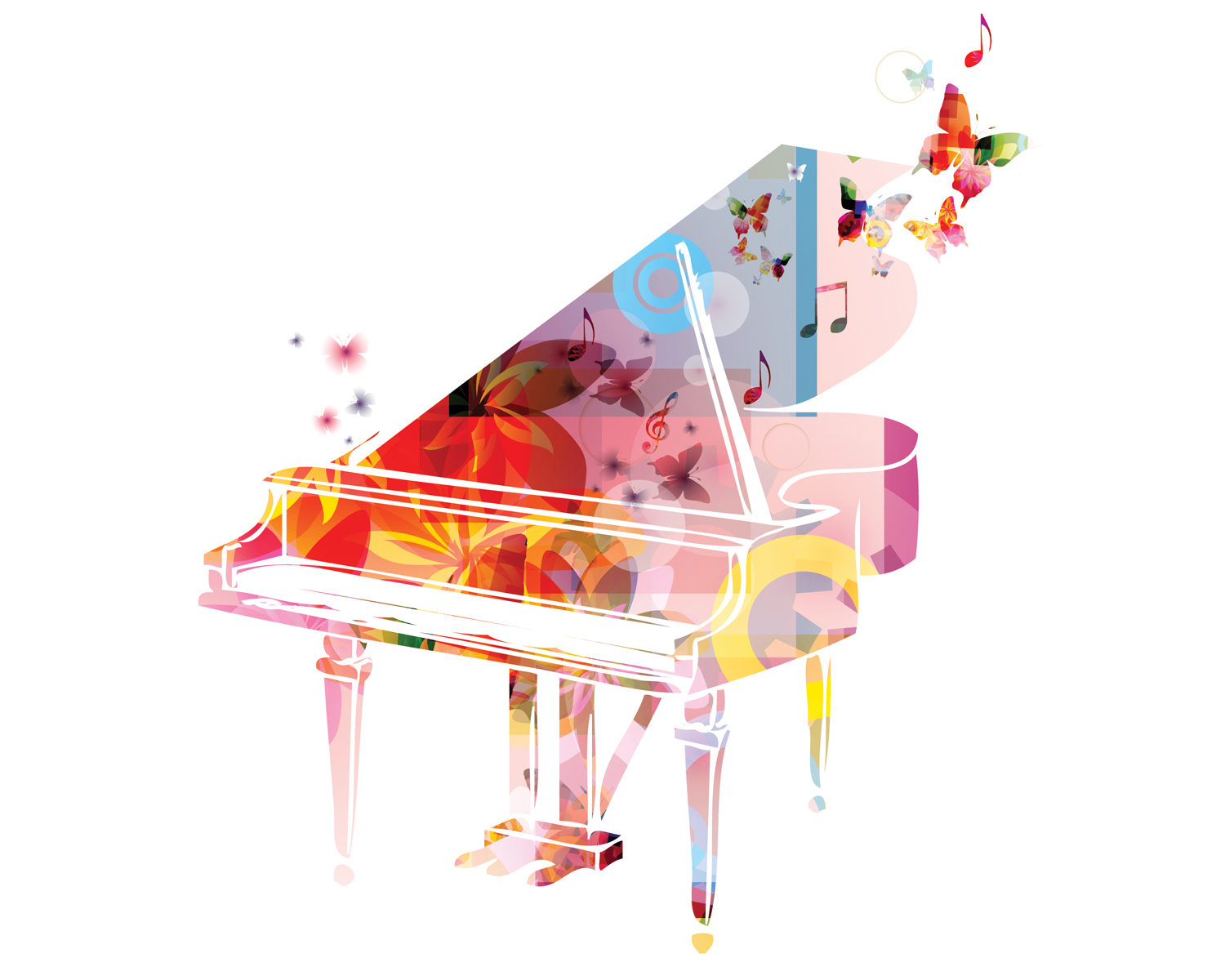
From the standpoint of participation by publishers, music directors, arrangers and choreographers should have a massive variety of material to choose from.
Licensing Made Simple
Music directors, arrangers, and choreographers should have a working knowledge of custom arrangement licenses, mechanical licenses, and synchronization licenses. In general, these three licenses are the only licenses that will be germane to Show Choirs.
Custom Arrangement Licensing
Custom arrangement licenses are needed whenever an arrangement is being created of music that differs from what has been published. Another way of saying this is that whenever music is altered from its original form it becomes a derivative work. For example, the song Yesterday, written by Paul McCartney and John Lennon, was originally written for guitar and vocals. If one wants to make an arrangement of this work for a show choir, one must add in the various vocals, the instruments needed for accompaniment, and the parts for those various instruments. Thus, a custom arrangement license is needed and the permission of the publisher or rights’ holder is required to make this derivative work. The publishers frequently charge for this license and the amount of money for each license generally varies between $150 and $300 per song.
It is also true that if one is taking stock sheet music and combining it into a medley, by cutting and pasting or re-typing the music into a notation program, one must obtain a custom arrangement license. There are many writer restrictions where the writers do not want their works combined with other writer’s works and those restrictions must be observed or the license will be voided.
If one is re-voicing an arrangement, simply moving it from SSAA to TTBB, one must obtain a custom arrangement license. It may often be the case that the songwriter had a specific gender in mind when the song was created. Therefore, changing the voicing from a soprano to a bass might not be in keeping with the writer’s wishes and the writer must give his or her consent. This is particularly true with works that were originally written as part of a dramatic presentation, like musical theater.
Lyric changes, using pieces of stock sheet music that are combined (cut and pasted into another arrangement and then photocopied), or using any small section of recognizable music (regardless of the time or number of measures sampled) will require a custom arrangement license.
Synch Licensing
Whenever one is going to synchronize music with a moving image (as in a performance video, music video, slide show with music playing in the background, or movie) and one is going to make duplications of the resultant video or movie, one must acquire a synchronization license from the publisher or rights holder of the music composition(s) to make those duplications.
A copy or duplication would be defined as any tangible copy, without regard to the fleeting nature of the tangibility. It is important to remember that in this digital age, a copy does not have to be a DVD or a file on a CD. It could be a file that is emailed to a friend, it could be a video file that is exhibited in a school auditorium, or it could simply be a file uploaded onto a social media site like YouTube or Facebook. All of these would qualify as duplications as defined in US Code Title 17 of the Copyright Act. It is very important to remember that we are talking about “copyright,” not “salesright.” In general, the law is not concerned whether or not the duplications were given away for free or for monetary gain. The issues surrounding the duplication and the motivation for the duplication may or may not come into play when calculating damages, but someone who makes a video recording of a show choir performance and makes 40 copies of the performance to give to the student members of the show choir would be infringing on the copyrights of the music contained in the video recording if this happened without the permission of the rights holders.
Mechanical Licensing
When one is making a sound recording for the purpose of making duplications or copies of that recording, one must obtain mechanical licenses from the rights holders. The great news is that a mechanical license is very inexpensive, less than $0.10 per duplicated recording if the musical composition is under 5 minutes, and, for the most part, it is compulsory. This means that by law, if a musical composition has been recorded prior and duplicated for commercial dissemination, the rights holder or publisher of the composition must grant the mechanical license. The only exception to this rule is if the musical composition was created as part of a dramatic work, then it is exempt from the laws governing mechanical license. So, in short, the statutory mechanical license laws would govern making a cover album of the music of Coldplay, while the statutory mechanical license laws would not govern making a cover album of music from the Sound of Music.
How Does One Obtain the Licenses That Are Needed to be in Compliance?
Obtaining Mechanical Licenses
The Harry Fox Agency specializes in the issuance of mechanical licenses and their interface, called Songfile, is very simple to use. All major publishers work with the Harry Fox Agency, which is owned by the National Music Publishers Association, and The Harry Fox Agency has reciprocal agreements with many of the largest collection organizations in the world.
Obtaining Custom Arrangement Licenses
Most print music and music publishers have excellent licensing departments for the issuance of custom arrangement licenses. Alfred Music Publishing, Music Sales, and Boosey and Hawkes are all very well run companies who go out of their way to be of assistance. The largest issuer of custom arrangement licenses in the world is Tresóna, who works with all music publishers and represents the catalogues of Hal Leonard, Sony/ATV, Universal, and BMG and works with all music publishers to make sure that 100% of all music licenses are paid out to the publishers and accounted for properly.
Obtaining Synchronization Licenses
All publishers have synchronization licensing departments, and there are also services who process micro licenses (synch licenses for home use recordings of ensemble based performances) for many of the publishers who are not staffed to process thousands of small dollar requests.
Warning Signs and Areas of Danger
In recent years, businesses have seemed to crop up that specialize in charging ensembles up-front, non-refundable-fees for coordinating their licensing needs. These non-refundable fees drive up the cost of music, and there is no music publisher in the United States who charges for license requests. This practice does a tremendous disservice to the schools. There should never be an up-front fee for simply requesting a music license.
There has also been an uptick in music sites that offer sheet music for sale while promising the show choir the exclusive use of an arrangement for thousands of dollars. No retail site has the ability to make such a representation because the arrangement belongs to the music publisher, not to the retail site. Often, the arrangement is simply a copy of an arrangement that has been licensed to another school.
In closing, please keep in mind that the music publishers do everything possible to be of assistance to the show choir community, and by taking the time to comply you are helping to ensure a steady supply of the music rights every show choir will need to be successful.

